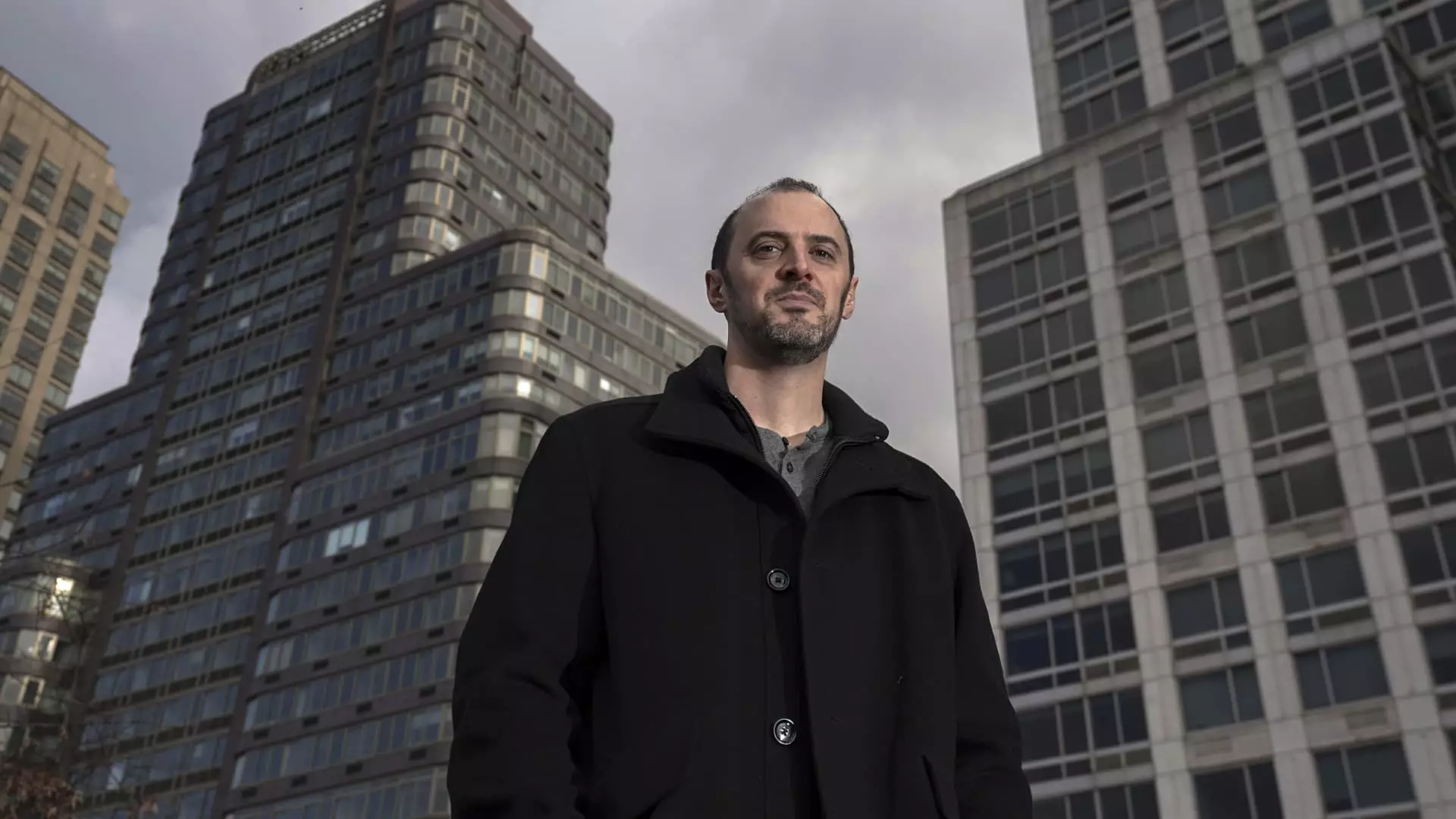Hindenburg Research, founded by Nate Anderson in 2017, has taken a monumental step back, announcing its disbandment on Wednesday. A firm known for its controversial assessment of various public companies, Hindenburg made headlines with its aggressive short-selling strategies. Posted on the firm’s website, Anderson’s announcement conveys a blend of inevitability and resignation. After a series of significant research projects and “Ponzi” cases concluded, the firm deemed it time to halt operations altogether.
However, the closure begs questions about the sustainability of a research firm that thrived within the volatile and high-stakes world of short-selling. While initially garnering significant media attention with high-profile targets, the firm now faces the uncomfortable reality that short-selling and public criticism can create temporary market shifts, without necessarily securing long-term profitability.
The Impact of High-Profile Targets
Among Hindenburg’s most notable critiques was the 2020 report on electric vehicle manufacturer Nikola, marking a significant moment in both the firm’s career and Nikola’s downfall. Anderson’s allegations that Nikola had misrepresented critical capabilities of its vehicles resonate with broader implications on the integrity of corporate governance in the emerging EV sector. The outcome of this report, which ultimately led to the incarceration of Nikola’s founder Trevor Milton, raised eyebrows about ethics in corporate disclosures.
It’s worth noting the broader implications of targeting high-profile companies. While Hindenburg focused on smaller firms, its investigations extended to major players like Icahn Enterprises and the empire of Indian billionaire Gautam Adani. This strategy not only increased visibility but also showcased the potential ramifications of aggressive short-selling tactics. Such corporate dissection can lead to momentary market fluctuations that may eventually recover, as demonstrated when stocks react negatively initially but bounce back, undermining the anticipated permanent damage.
The Evolving Landscape of Short Selling
The recent collapse of Hindenburg serves as an interesting juxtaposition to the rise of retail investors who gained prominence during the meme-stock phenomenon. The public’s skepticism towards hedge funds and short sellers has been compounded by events such as the GameStop saga, wherein ordinary traders rallied against firms employing traditional shorting strategies. The shift towards retail empowerment has not only changed the dynamics of investing but poses a risk for firms that traditionally relied on the exclusivity of investment intelligence.
Moreover, the regulatory factors at play cannot be overlooked. The inquiry into short-sellers, particularly following cases like Citron’s Andrew Left facing securities fraud charges, illustrates an increasingly cautious approach to an investing practice that has historically operated in a gray area. Hindenburg’s downfall serves as a tangible reminder that, in a landscape undergoing significant transformation, the sustainability of short-selling firms is an uncertain venture.
The narrative of Hindenburg Research captures the complex tapestry of risks, ethics, and profitability in the world of short selling. It embodies a transition that sees traditional investment paradigms challenged by retail investors and scrutinized by regulators. As the industry advances, it provokes essential inquiry into what the future holds for similar firms and briefly highlights the potential pitfalls of a high-reward, high-risk business model. The rise and fall of Hindenburg serves as both a cautionary tale for aspiring short sellers and a reflection of the shifting tides in financial markets.

